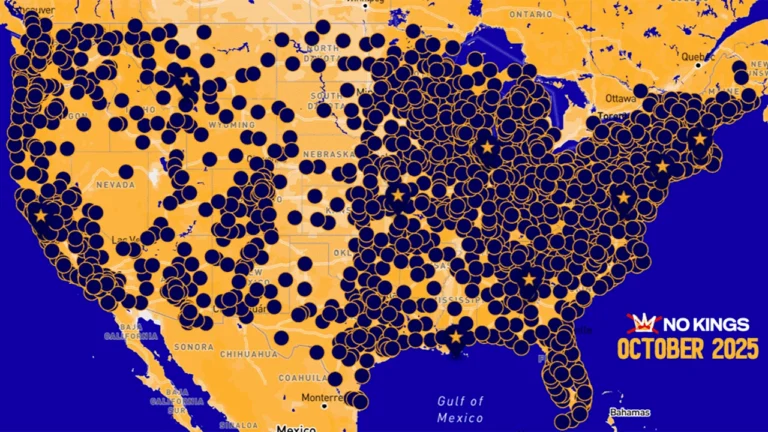
For decades now, Google has been the unquestioned champion of search—our digital oracle, the first and last stop for every question, from “What’s the best pizza place near me?” to “How many protons are in a carbon atom?”
But here’s the key difference now: while Google has started to incorporate AI with features like AI Overviews and the new AI Mode, a traditional keyword search is great for finding facts, but not so great at understanding context.
It’s like asking a librarian for a book on “dogs” and expecting them to know you really want to know how to train a puppy. You might get a whole library, but you still have to find the right book yourself.
That’s where dedicated AI-powered search, whether a self-contained tool like Perplexity or Google’s own conversational AI interface, truly shines. It doesn’t just look for keywords; it understands your intent.
It can be a genuine time-saver, and in some cases, it’s just plain better than scrolling through a list of blue links. Here are five times when using an AI to search will give you a better answer than Google.
Answers to subjective questions
A traditional search engine is fantastic for finding facts, but it falls short when you’re looking for an answer that isn’t black and white.
For example, if you Google “best workout routine for a beginner,” you’ll get a list of articles, but you’ll have to read through them to find the one that fits your specific needs. It’s a lot of scrolling and sorting through different opinions.
With an AI, you can ask a much more nuanced question, such as: “What’s the best workout routine for a beginner who wants to build strength but has joint pain and a limited amount of time?”
The AI can then synthesize information from multiple sources and provide a tailored response that takes all your constraints into account, giving you a comprehensive plan rather than a list of articles to sift through.
Explaining complex topics
We’ve all been there: you need to explain a complex topic, but the standard online explanations are full of jargon you don’t understand. Or maybe you’re trying to explain a technical concept to a colleague who isn’t as familiar with the subject.
Ask an AI to “explain [the concept] in plain English for someone with no background in [the field].”
It can take dense, confusing information and distill it into something simple and digestible. You can even ask it to “use a relatable analogy” to make the concept stick. It’s like having a personal tutor who’s always on call.
Preparing for meetings and interviews
You have an important call with a potential client or a new partner, and you want to go in prepared but digging through their company’s website, recent press releases, and social media feeds for relevant background info is a serious time sink.
A simple Google search will give you a bunch of links, but you’ll have to do all the reading yourself.
Prompt an AI with something like: “Help me prepare for a call with [Customer Name]. Summarize the top three news stories from the past six months and highlight anything relevant to their business goals.”
This gives you a quick, digestible cheat sheet so you can sound informed and confident without spending hours on a deep dive.
Kick-starting creative projects
Starting from scratch is one of the hardest parts of any creative endeavor. You have to write an outline for a presentation, a script for a video, or even just the agenda for a team meeting, and the blank page feels intimidating.
A Google search might give you “presentation outline templates,” but you’ll still have to fill in all the details yourself.
Instead, ask an AI to give you a head start. Use a prompt like: “Create a 10-slide outline for a presentation about [topic] for a [target audience], and include a proposed title for each slide.”
The AI can give you a solid scaffolding structure to build on, saving you the initial struggle and giving you a foundation to refine and customize.
Learning new skills quickly
Let’s say you’ve got a new software tool you need to learn for a project, or you’re trying to figure out how to do something you’ve never done before, such as setting up a home server.
A traditional search will give you a mix of official documentation, video tutorials, and forum posts—all of which you have to piece together yourself.
An AI can act kind of like a personal coach. You can ask: “Give me a step-by-step tutorial for setting up a home server, assuming I have no prior experience with networking.”
The AI can lay out the process in a clear, linear fashion, and if you get stuck, you can ask follow-up questions for clarification, like “What does ‘port forwarding’ mean in simple terms?” It’s a truly interactive and personalized learning experience.





